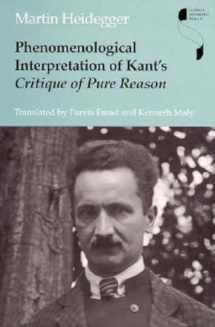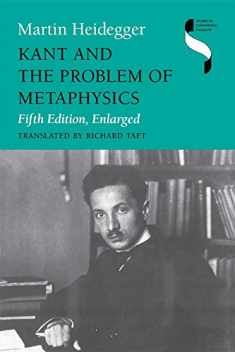
Phenomenological Interpretation of Kant's Critique of Pure Reason (Studies in Continental Thought)
Book details
Summary
Description
The text of Martin Heidegger’s 1927–28 university lecture course on Emmanuel Kant’s Critique of Pure Reason presents a close interpretive reading of the first two parts of this masterpiece of modern philosophy. In this course, Heidegger continues the task he enunciated in Being and Time as the problem of dismatling the history of ontology, using temporality as a clue. Within this context the relation between philosophy, ontology, and fundamental ontology is shown to be rooted in the genesis of the modern mathematical sciences. Heidegger demonstrates that objectification of beings as beings is inseparable from knowledge a priori, the central problem of Kant’s Critique. He concludes that objectification rests on the productive power of imagination, a process that involves temporality, which is the basic constitution of humans as beings.


We would LOVE it if you could help us and other readers by reviewing the book
Book review




